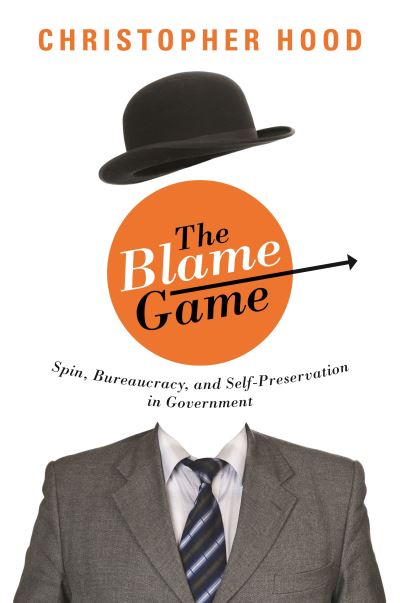
The blame game, with its finger-pointing and mutual buck-passing, is a familiar feature of politics and organizational life, and blame avoidance pervades government and public organizations at every level. Political and bureaucratic blame games and blame avoidance are more often condemned than analyzed. In The Blame Game, Christopher Hood takes a different approach by showing how blame avoidance shapes the workings of government and public services. Arguing that the blaming phenomenon is not all bad, Hood demonstrates that it can actually help to pin down responsibility, and he examines different kinds of blame avoidance, both positive and negative.
Hood traces how the main forms of blame avoidance manifest themselves in presentational and "spin" activity, the architecture of organizations, and the shaping of standard operating routines. He analyzes the scope and limits of blame avoidance, and he considers how it plays out in old and new areas, such as those offered by the digital age of websites and e-mail. Hood assesses the effects of this behavior, from high-level problems of democratic accountability trails going cold to the frustrations of dealing with organizations whose procedures seem to ensure that no one is responsible for anything.
Delving into the inner workings of complex institutions, The Blame Game proves how a better understanding of blame avoidance can improve the quality of modern governance, management, and organizational design.
| ISBN: | 9780691162126 |
| Publication date: | 11th November 2013 |
| Author: | Christopher Hood |
| Publisher: | Princeton University Press |
| Format: | Paperback |
| Pagination: | 240 pages |
| Genres: |
Public administration Organizational theory and behaviour |